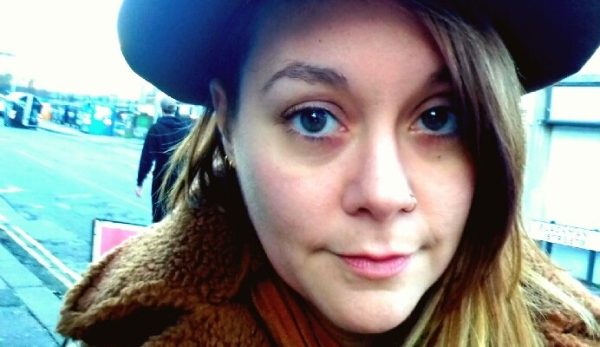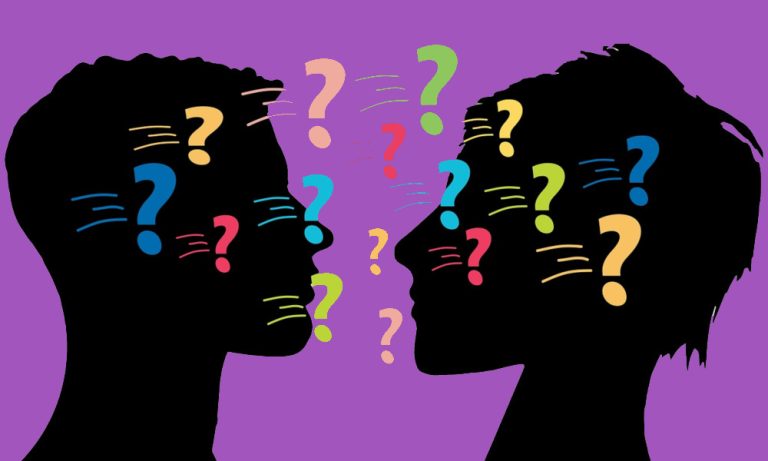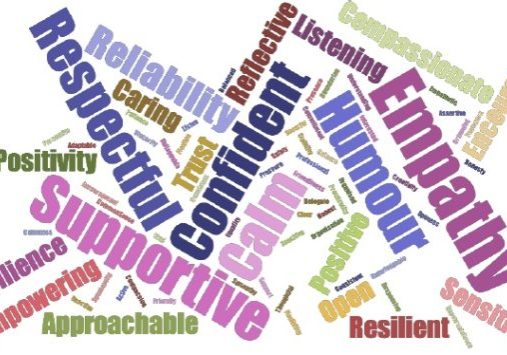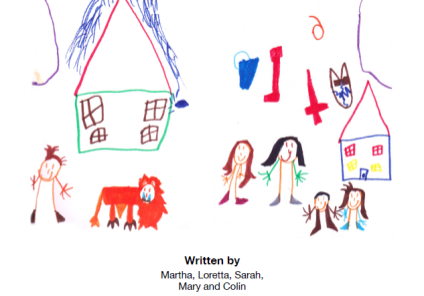Gemma is an autistic Early Career Researcher based at the Centre of Resilience for Social Justice, University of Brighton and a Boingboing volunteer. Last year she completed her PhD in Linguistics PhD in the School of Humanities at the same institution. She is currently working on an Economic and Social Research Council (ESRC) funded Postdoctoral Fellowship under Prof. Angie Hart’s mentorship. Here Gemma talks about her PhD research, and what she plans to do over the coming year of her fellowship…




